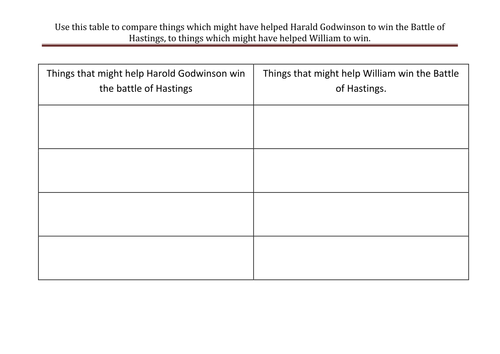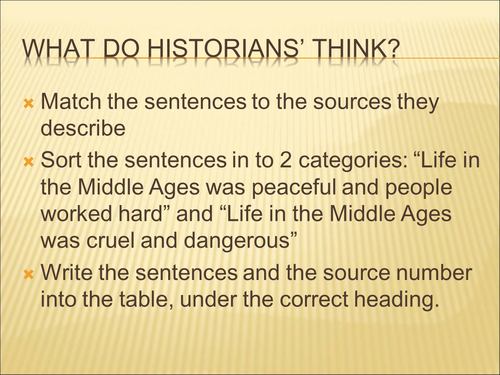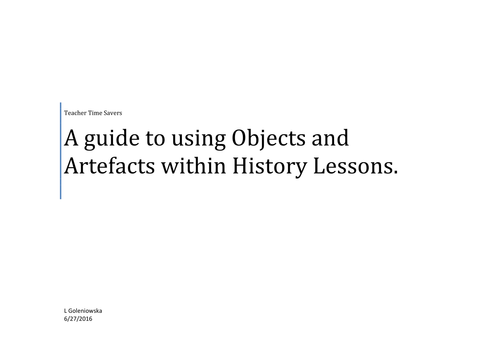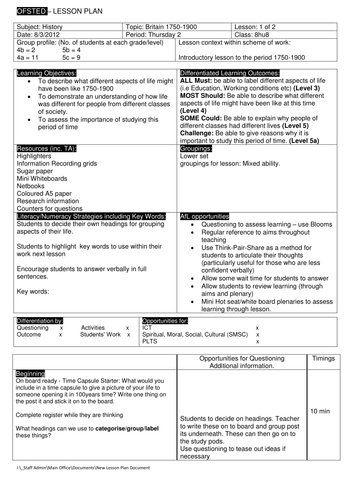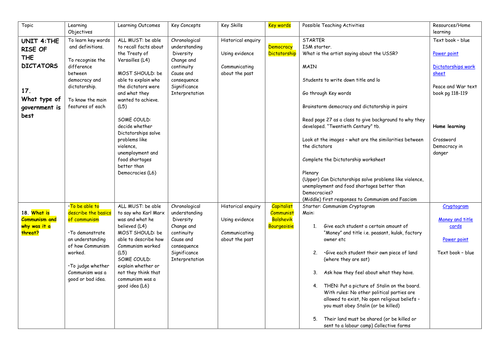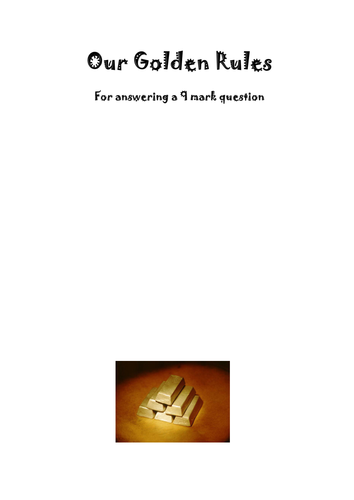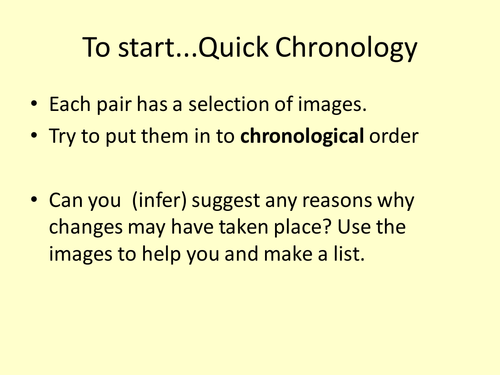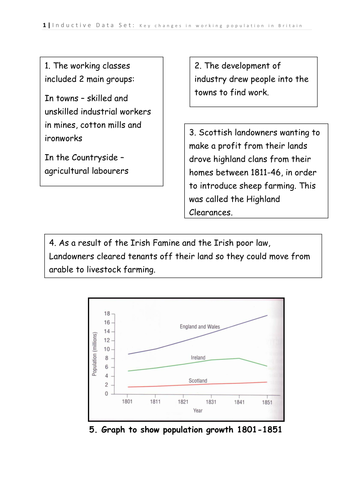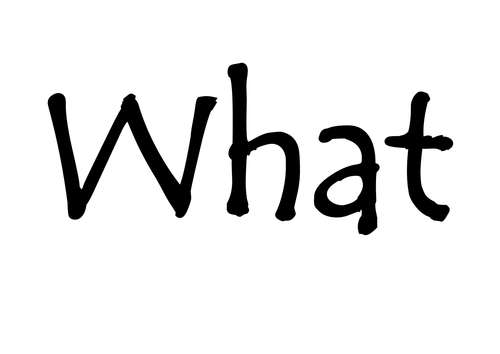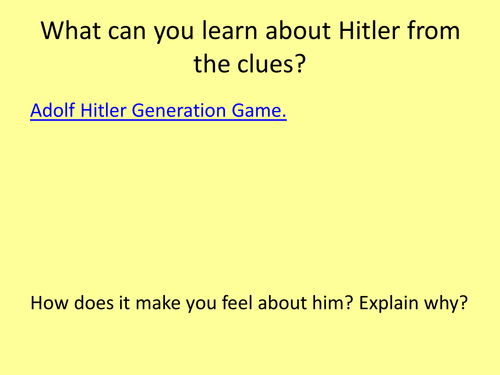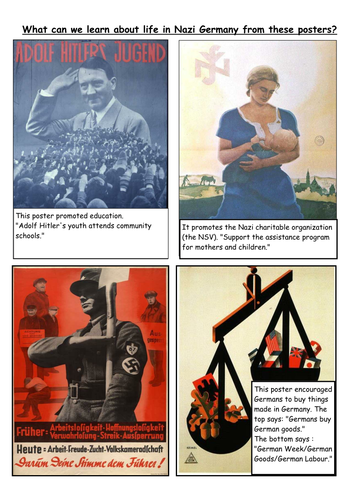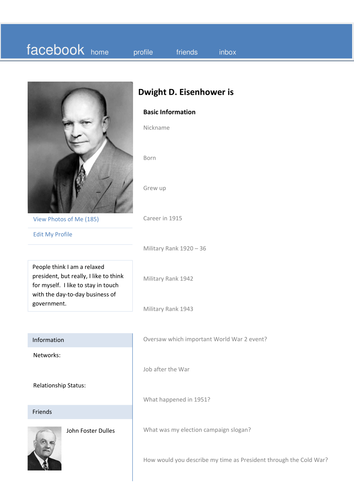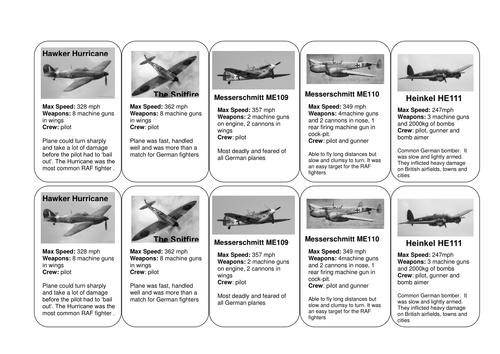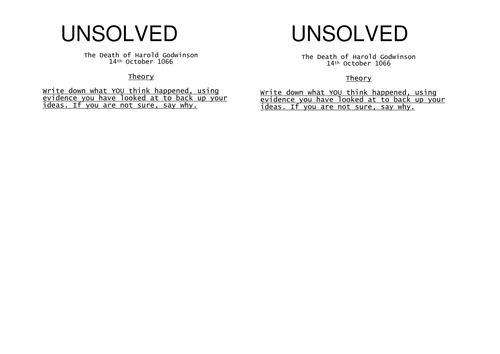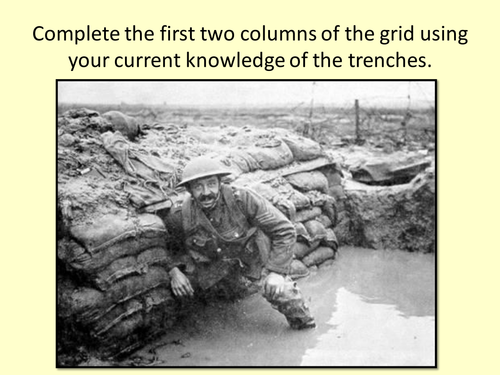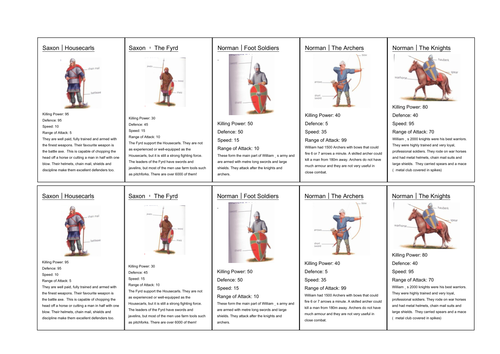Teacher Time Savers
We all know how many hours teachers work everyday. My motivation for setting up this shop is to give you more time, by providing ready to use resources. You will find teaching resources in the form of activities, lesson plans, power points and assessments. You will also find display resources for you to simply print, laminate and put up on your classroom wall. I have been a teacher for 7 years, and a Learning Support Assistant prior to that. My background is in Museum Learning and Education.


